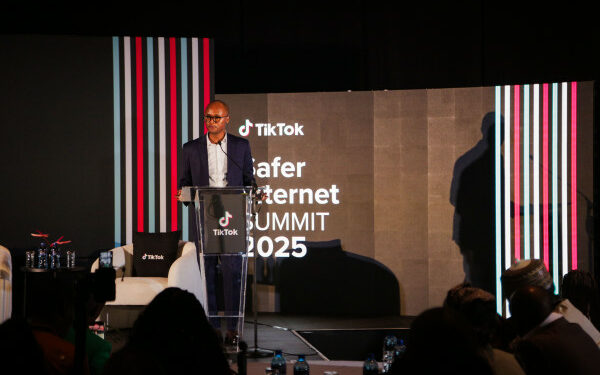In Cape Town, community leaders, educators, and civil organizations joined government officials and tech industry representatives at TikTok’s Second Annual Safe Internet Summit. This event reaffirmed the crucial role of local communities in building a safe and accessible digital environment for all.
Delegates from countries such as South Africa, Nigeria, Ethiopia, Cameroon, Ivory Coast, and Kenya shared experiences and strategies to improve online safety. During the opening, South Africa’s Minister of Communications and Digital Technologies, Solly Malatsi, highlighted the importance of community involvement in digital policy formulation. Helena Lersch, TikTok’s Vice President of Public Policy, emphasized the platform’s commitment to user protection, stressing the need for close collaboration with communities facing digital challenges.
South Africa is set to become the hub of energy innovation
The event also highlighted the impact of initiatives led by local organizations. In Kenya, the #SaferTogether campaign, in collaboration with Eveminet, has trained over 406,000 people, including students, teachers, and parents. In Nigeria, the second phase of the program has expanded with support from the National Information Technology Development Agency (NITDA), extending digital safety awareness to more communities.
TikTok’s efforts in content moderation were also discussed from a local perspective. With a 249.81% increase in the removal of harmful content in sub-Saharan Africa between 2023 and 2024, community leaders emphasized the importance of continuing to educate users about reporting and moderation tools. In Egypt, the Journalists’ Syndicate has partnered with TikTok to strengthen media literacy and combat misinformation.
The Summit also marked a step forward in youth representation with the expansion of TikTok’s Global Youth Council, which now includes new members from Nigeria and Cameroon. This body aims to amplify the voices of young Africans in the formulation of digital safety policies.
By placing communities at the center of the conversation, the Safe Internet Summit reaffirms that building a secure and inclusive digital environment in Africa depends on the collaborative efforts of governments, tech companies, and, most importantly, the users themselves.









